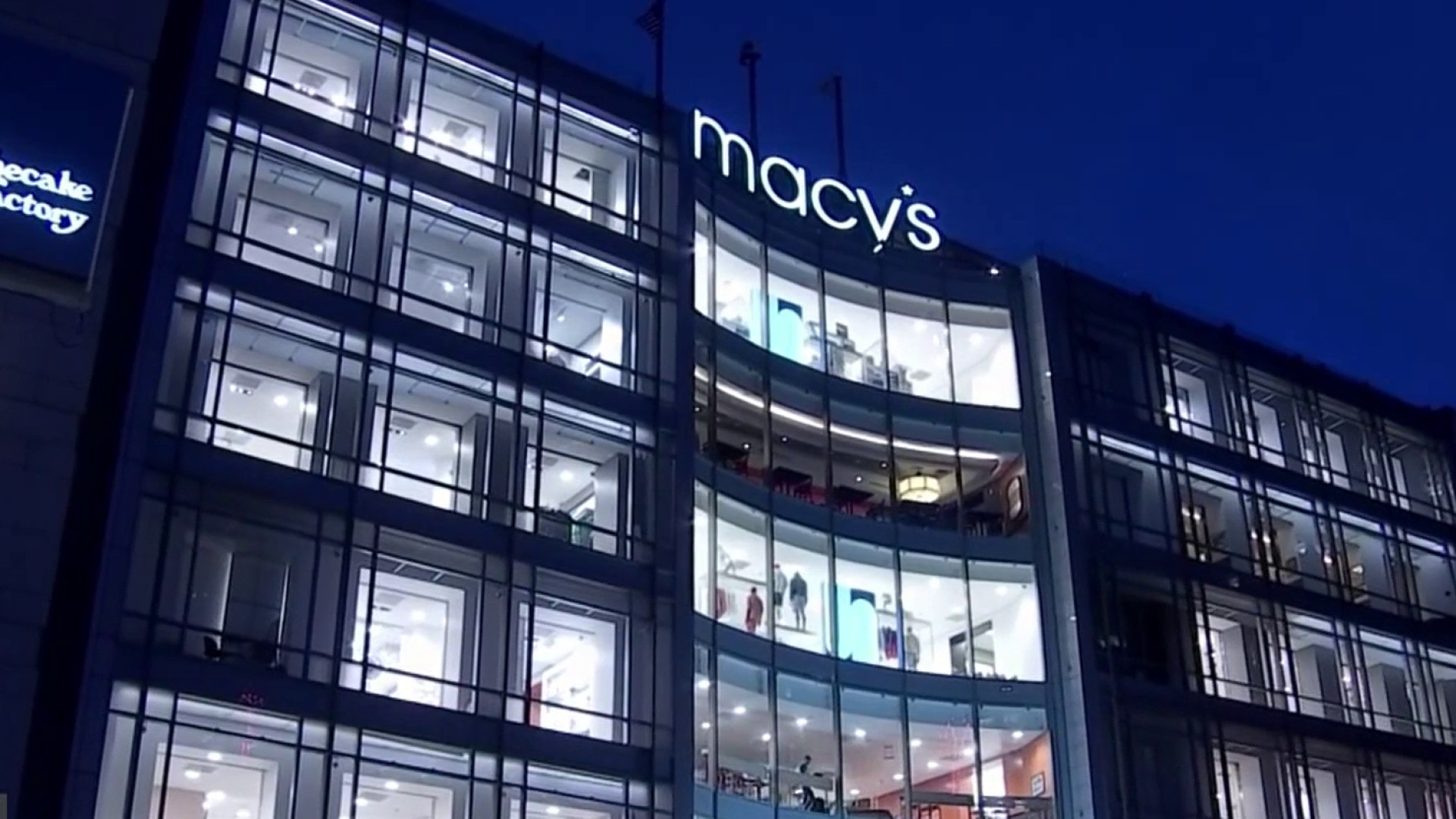There's something not quite right with the tablet PC business. As it did with digital music players and touchscreen cellphones, Apple has created a viable gadget market where none before existed, fortifying droves of copycats. But has it occurred to anyone that perhaps Apple's iPad didn't so much create a market for tablets as much as it created a market just for Apple iPads?
There's this scene in Star Trek II: The Wrath of Kahn (warning: geek drooling ahead) where Kirk is trying to thwart Kahn's initial attempt to steal the Genesis device by punching in Reliant's prefix code number. A skinny Kirstie Alley as Vulcan navigator trainee Saavik asks Kirk what he's doing, and Kirk wisely replies, "You have got to learn WHY things work on a starship."
Apple's iPad competitors have to similarly understand WHY iPad is such a runaway success, and why their initial efforts seem… wrong.
First off, other tablet makers, including the recent oddly named BlackBerry PlayBook (RIM pronounced it a "professional tablet," yet the name "PlayBook" is completely antithetical to that contention in the "drive on a parkway, park on a driveway" way), have focused on comparing macho technical endowments and iPad's lack thereof. iPad doesn't do Flash. iPad doesn't fit into a pocket. iPad doesn't multitask. iPad doesn't have USB jacks. iPad doesn't have a camera, front or back. iPad doesn't have expandable memory. iPad doesn't this. iPad doesn't that.
Obviously consumers don't care what iPad can't do, only what it does, to the tune of nearly 3.5 million iPads sold so far and around 1.3 million iPads sold a month.
PlayBook will do all the things iPad can and can't, and yet: what will it do that a BlackBerry or competing tablet can't?
Connection Dependence
Local
PlayBook is not quite a true BlackBerry. PlayBook will run all of RIM's familiar BlackBerry Enterprise secure email and messaging functions, which you'd think requires a constant connection to BlackBerry's secure servers. But the first PlayBooks will be Wi-Fi only, with 3G and possibly 4G versions for follow. Conversely, Samsung's Galaxy S Tab, a more mainstream consumer device, will be available first for 3G only, meaning a killing-a-fly-with-an-anvil second cell subscription commitment. (Apple and AT&T understand the lesser importance of constant connectivity for iPad, so let you buy 3G connectivity on a month-to-month as-needed basis.)
PlayBook will allow 3G tethering to a BlackBerry, but that'll put a serious strain on the phone's battery. You'll also be able to use PlayBook as a BlackBerry magnifier via a secured Bluetooth link. But both of these co-dependencies call into question why you'd need a PlayBook in the first place if you already have a BlackBerry.
Which raises an additional tablet screen size gap. iPad's 9.7-inch screen is nearly eight times the area of an iPhone's screen; PlayBook's is just a bit more than three times the area of a BlackBerry Torch, and the Galaxy S Tab screen is just 2.5 times the size of the Galaxy S smartphones. What does PlayBook — or any 7-inch Android tablet — bring to the party other than a slightly larger screen? They are basically larger cellphones, yet aren't even cellphones.
RIM hasn't said whether PlayBook will run any of the current third-party App World apps because PlayBook will not run the current BlackBerry OS 6, but a new OS called QNX. Developers will obviously rush to develop QNX apps — several, including Amazon Kindle and Kobo e-readers, already have announced PlayBook versions, but there'll obviously be a dearth of third-party playthings at launch.
It's Not Just the Apps
The app gap between iPad and other tablet makers is huge, but iPad was never about its specifications or even its apps. iPad is all about its ecosystem comfort level. Even though it was brand new, iPad seemed as safe and familiar as home, thanks to consumers' nearly decade-long exposure to and adoption of iPod, iPod Touch, iPhone and especially iTunes, the country's largest music store. Apple makes things easy, and consumers will first and always be attracted by convenience.
But even more, the weaknesses in the current BlackBerry and Android ecosystems will be more exposed in the tablet world. Without voice and messaging, a tablet is far more reliant on its "fun" content than a cellphone. And without an easy way for consumers to acquire and sync these fun things, the tablet will be no more than a silicon-filled plastic slab with a screen.
For instance, I constantly quiz Android owners about what's on their phones and find many, if not most, have no photos on their phone, no video, no music, no games, no personal content of any kind because they haven't figured out how to do it (sharp DVICE readers excepted). That's because Android mystifyingly still lacks an official desktop client (DoubleTwist works, but it's not nearly as seamless or fast as iTunes). And there still is no way of buying Android apps online. And all that is fine because you can still make and receive phone calls and do occasional texts and emails, and that justifies the cost of the device and the monthly service.
But if RIM wants PlayBook to appeal beyond its core base — or even TO it's core base — it'll have to revamp its BlackBerry Desktop Manager desktop app to make it iTunes easier, not only sync contacts and email and music, but all the fun content RIM is boasting PlayBook can play in its first PlayBook promotional video.
It is these comfort, screen size, ecosystem and app gaps — along with Apple's indefinable cool factor — that separate iPad's success from the potential of these other me-too tablet attempts. Whether or not BlackBerry and Android tablets can bridge these Grand Canyons remains to be seen.



